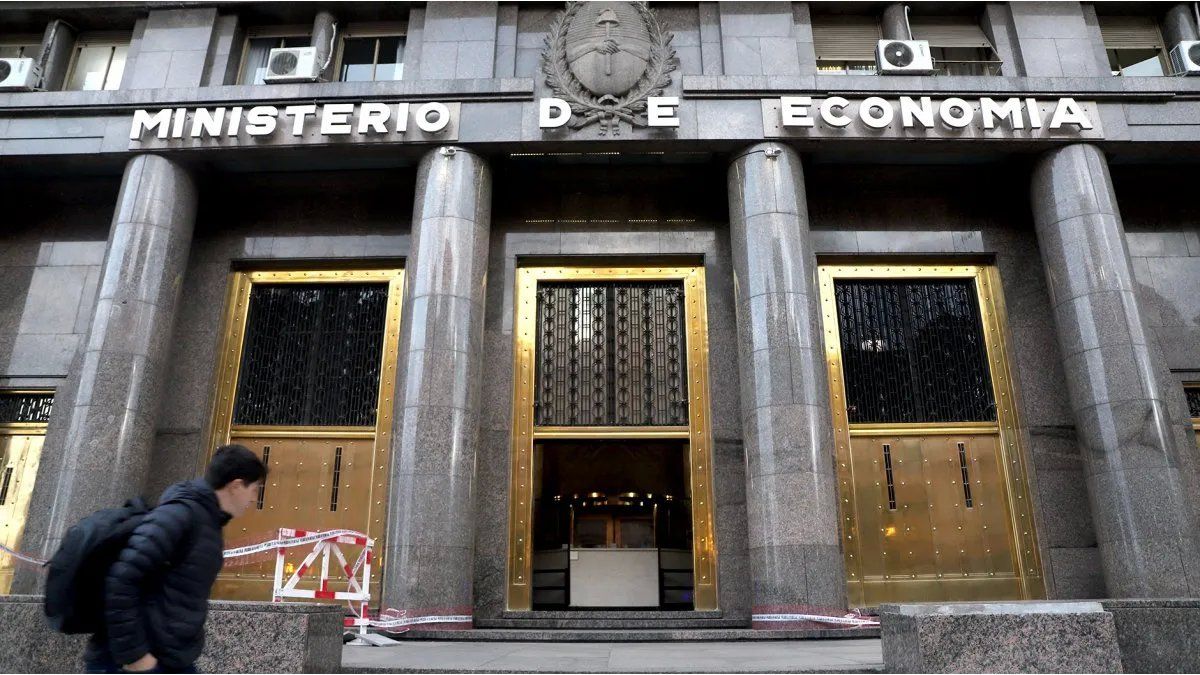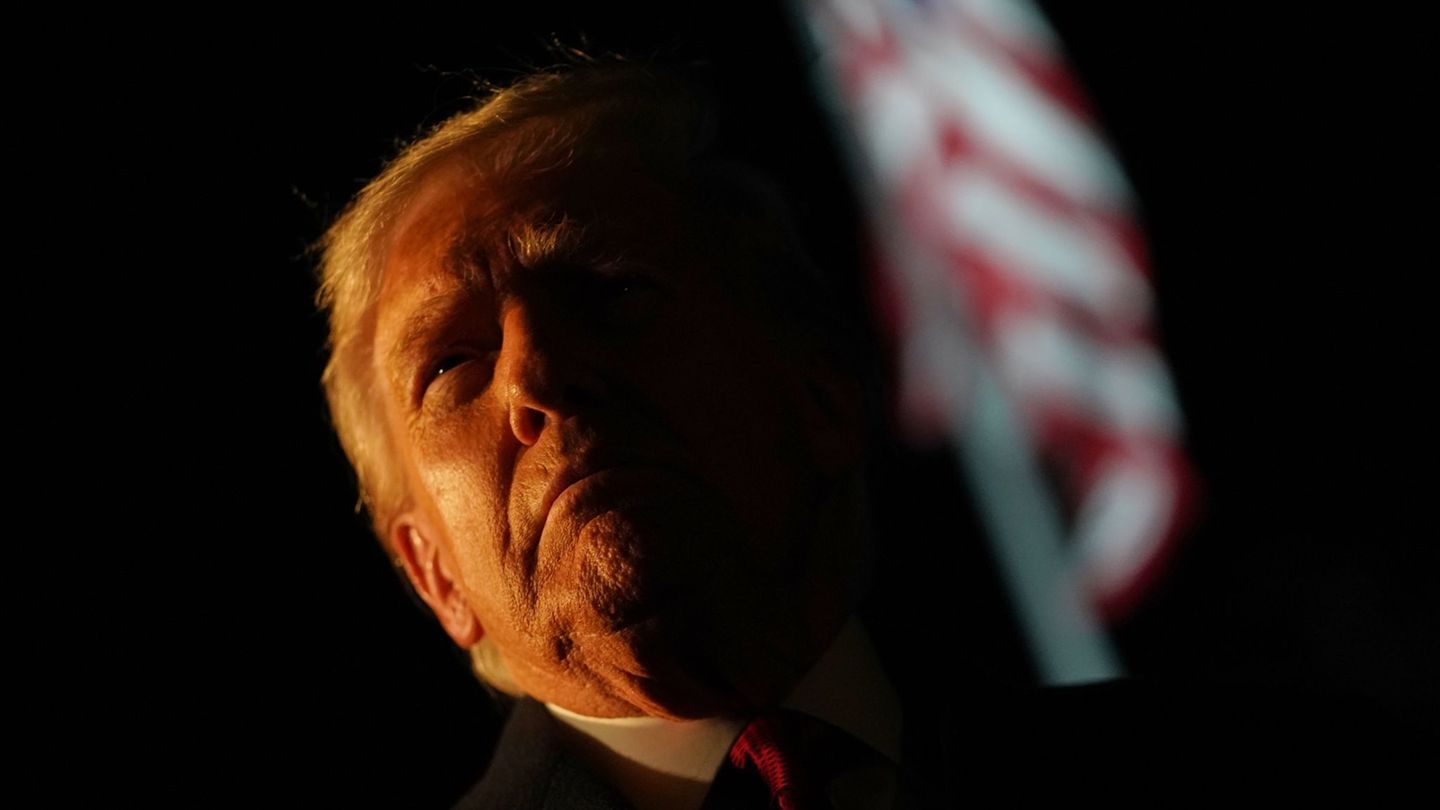This May, there are five confirmed increases. However, three were postponed for the coming months because the Government chose to maintain the inflation downward path. The Ministry of Economy foresees April inflation in the area of 8% and 9%. For this to be maintained, they decided to “kick off” planned increases that affect the index such as the increase in gas, electricity and the fuel tax.
Energy
The Ministry of Energy had made it clear that the monthly update mechanism based on the CPI should begin in May. However, for now there is no news in this regard.
The Government does not rule out deferring again the increase in the Liquid Fuel Transfer Tax (ICL), which was originally going to be applied in May and has now been moved to June. Another increase is planned in July, which is also under review. It happens that the update of the tax is transferred to gasoline and diesel at pumps – from YPF, Shell, Axion and Puma Energy – with first and second round effects on inflation.
In parallel, oil companies observe that since January there has been a delay in their prices in real terms. That is why last Wednesday they advanced with an average increase of 4% for searchr “recomposition” and transfer the slide of the official dollar2% monthly, with the horizon, now more distant, set on reaching international values.
On the other hand, the increase in bus tickets for the Buenos Aires Metropolitan Area (AMBA). Currently the minimum rate remains at $270 for those who have their SUBE card registered.
The rule published in February by the Ministry of Transportation contemplated that from April an indexation formula would be applied based on the Consumer Price Index of the last two months, but it was postponed again. Meanwhile, this Monday they decided to make room for the increase in train service.
What to expect with inflation
The inflation shows a strong deceleration curve due to the strong recession that the economy is experiencing. In this context, private reports already anticipate that in April the consumer price index (CPI) could be located between 8.7% and the 5%.
The most optimistic forecast corresponds to the economist of PriceStats, Alberto Cavallowho, through X (ex Twitter), predicted that the CPI will be close to 5% and highlighted that the annual trend is 78%using the daily price index.
This data, which is the most optimistic of all among private consulting firms, was celebrated by the Minister of Economy, Luis Caputo, who quickly spread the projection. However, the son of the Minister of Economy of Menemism and the alliance, Sunday Cavallofor March he had projected a price variation of 8.5% and finally the CPI, which measures the INDEC, stood at 11%.
Meanwhile, the consultant C&T projected that in the fourth month of the year inflation would be at 8.7%, according to the survey carried out in the Greater Buenos Aires (GBA)in that order, the report highlighted that such “As happened in February and March, we estimate that inflation at the national level will be lower than in the GBA due to the greater impact of tariffs”.
The consultancy founded by Camilo Tiscornia He also highlighted that during April “There was a greater increase in the first week” of the month, in which the impact of increases in regulated prices (gas, water and education), the CPI registered weekly variations “practically zero” in the next three weeks.
Source: Ambito




